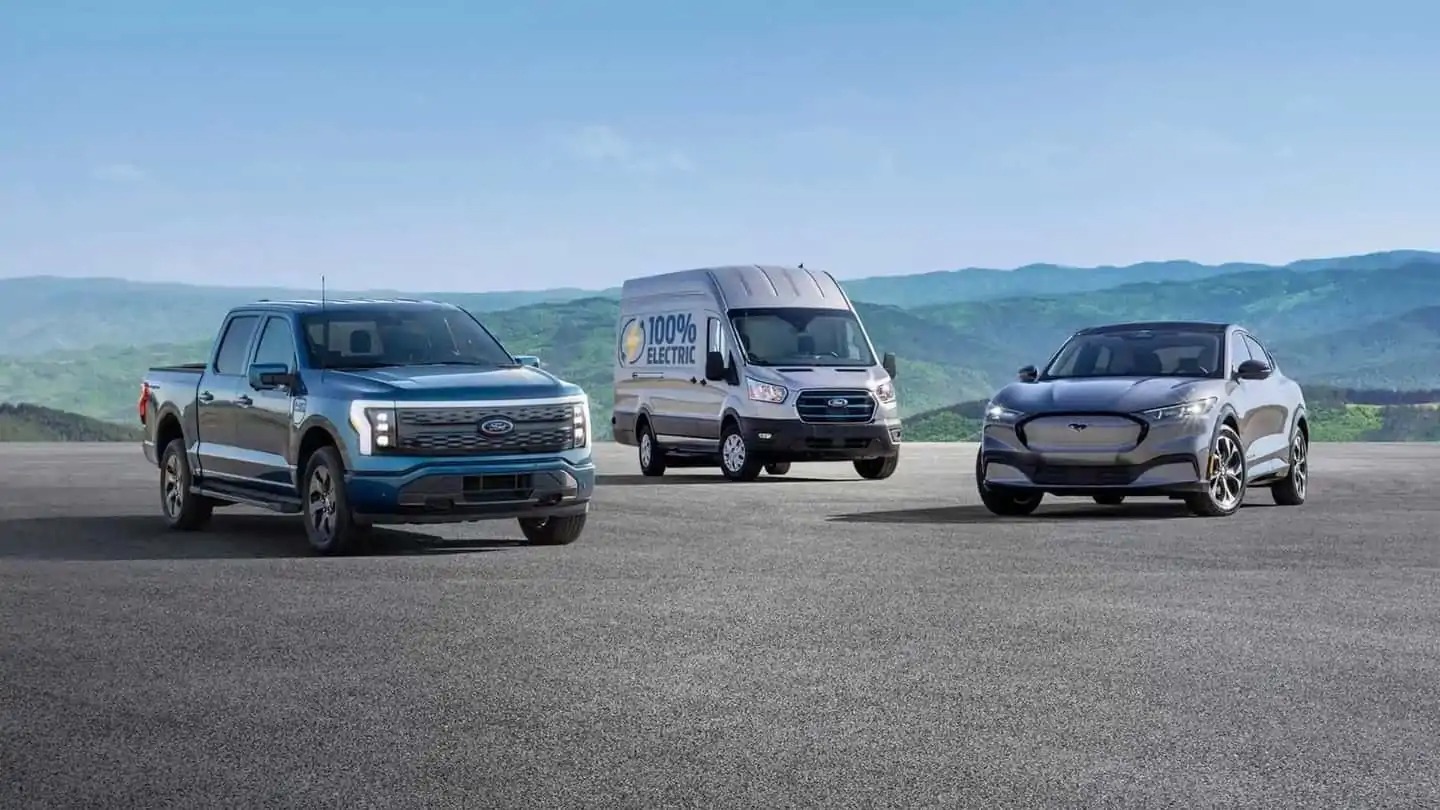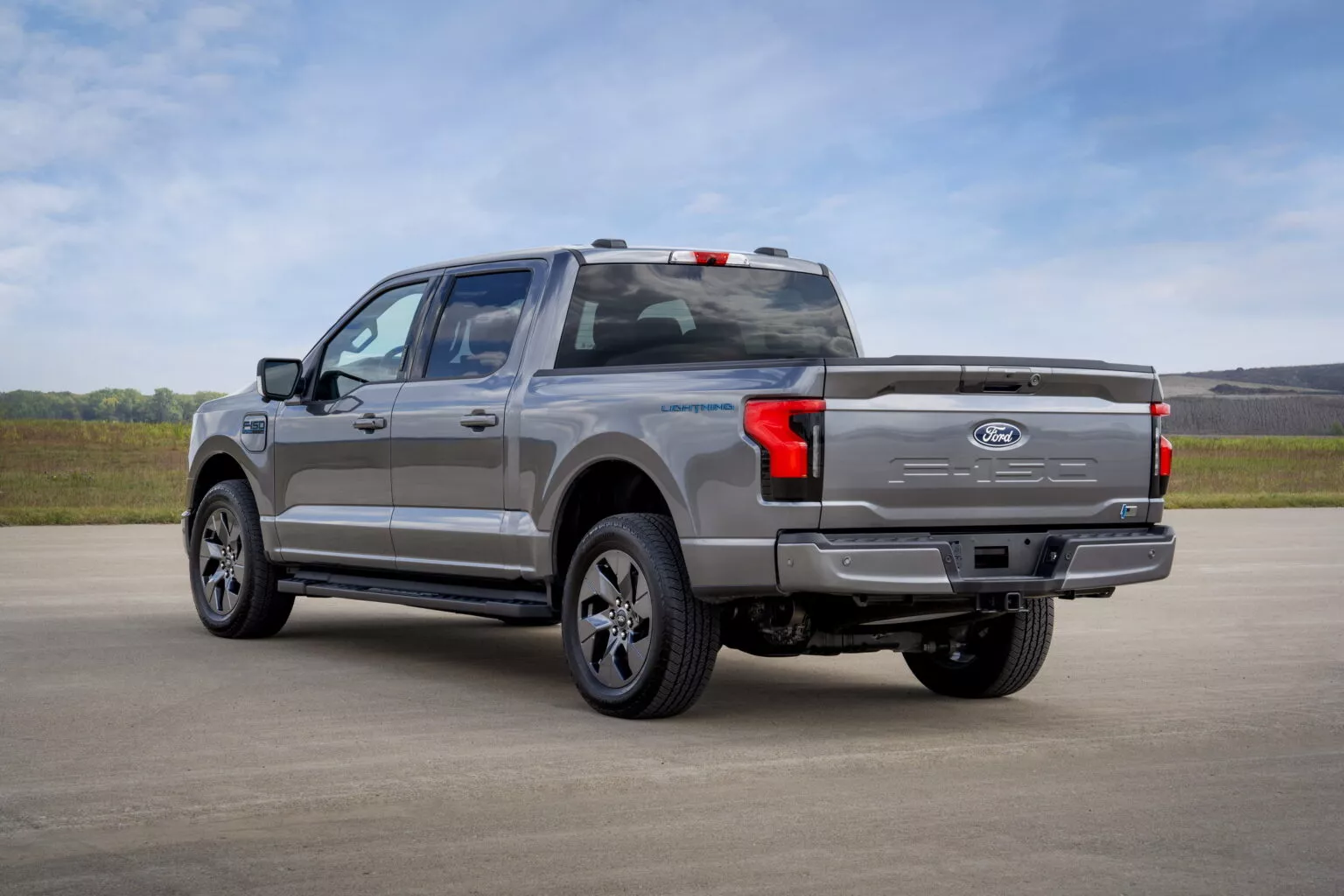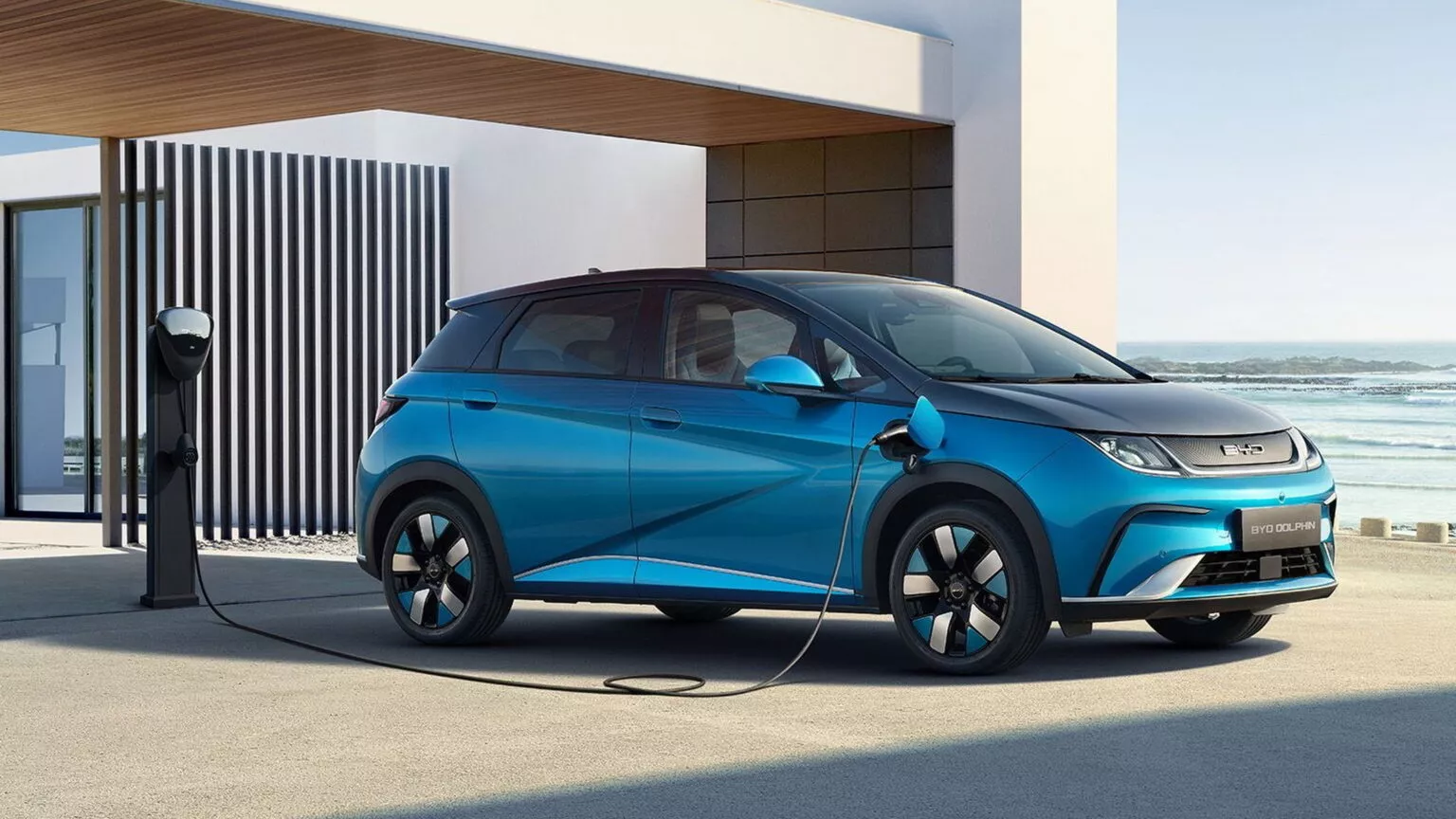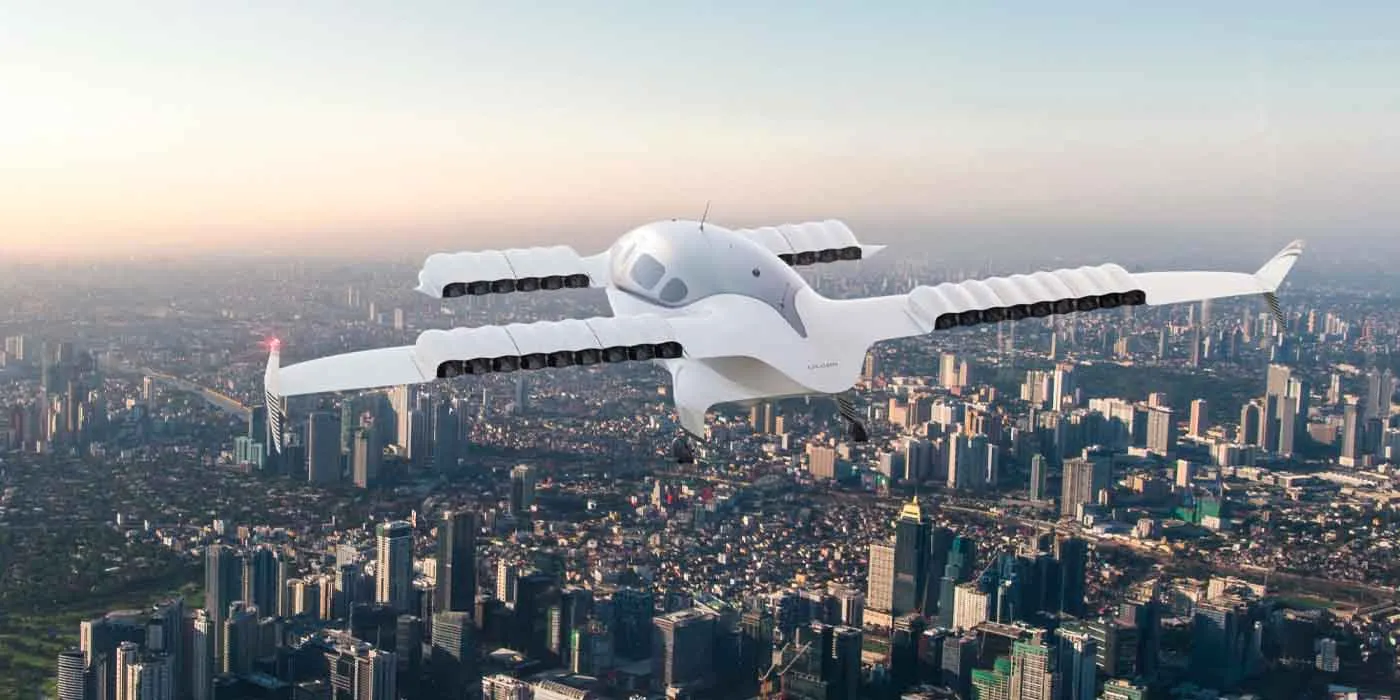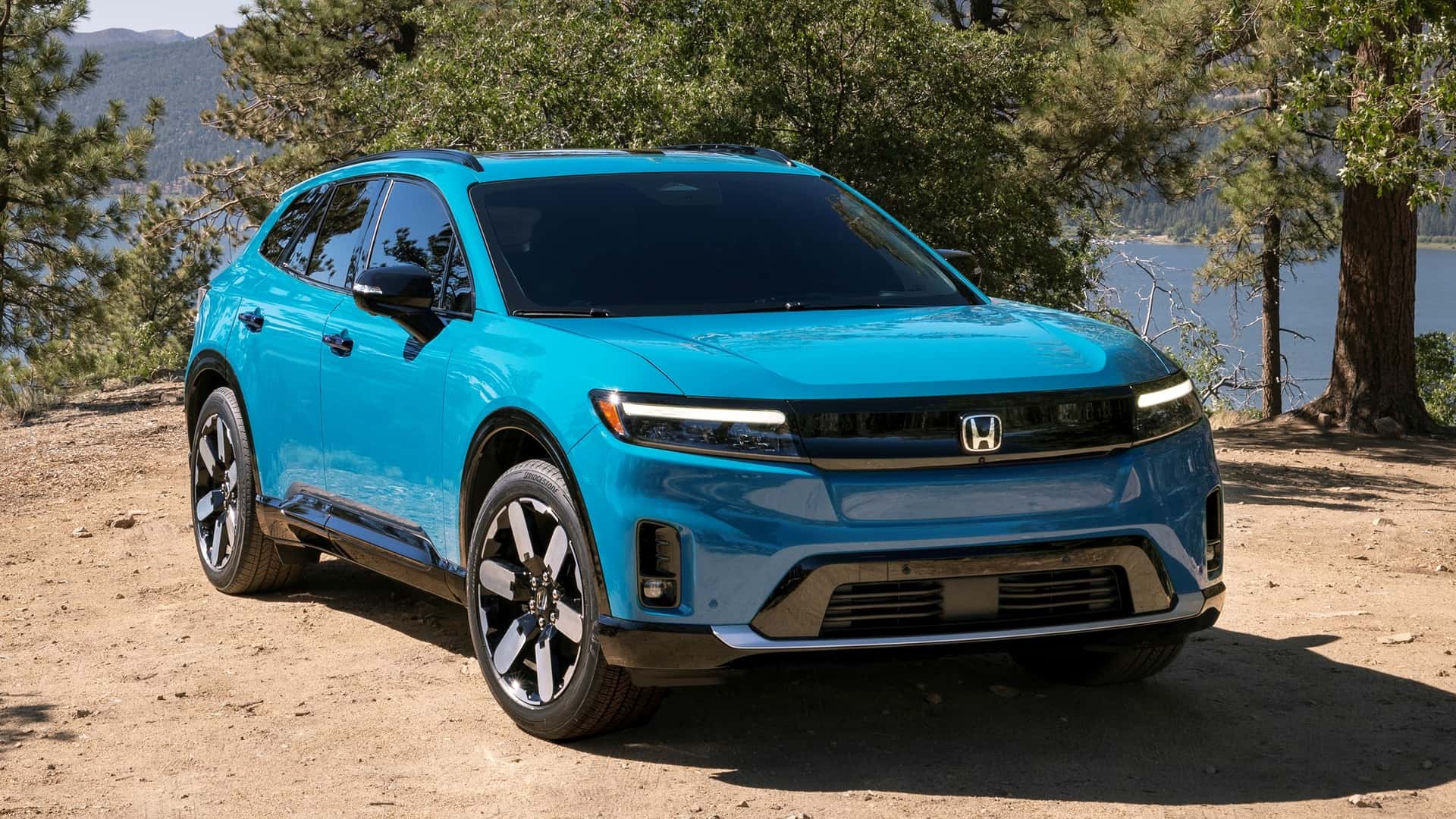In a bid to keep pace with Tesla and emerging Chinese electric vehicle (EV) manufacturers like BYD, Ford has announced plans to revamp its strategy, seeking cost reductions across its EV lineup. The move comes as Ford’s Model e unit continues to incur substantial losses, totaling billions in the first quarter of this year.
Following in the footsteps of its competitors, Ford slashed prices significantly to remain competitive with Tesla, a strategy that has helped drive up demand but at a considerable cost. For instance, after reducing prices of its Mustang Mach-E by 17% earlier this year, sales surged by an impressive 141%.

Despite the intense competition, Ford’s Mustang Mach-E secured its position as the second best-selling electric SUV in the last quarter, trailing behind Tesla’s Model Y, with 9,589 units sold, marking a 77% increase compared to Q1 2023. Meanwhile, the F-150 Lightning maintained its status as the top-selling electric pickup in the US, with 7,743 models sold, reflecting an 80% year-on-year increase.
Ford witnessed robust double-digit or triple-digit growth across all its electric vehicles in Q1, with E-Transit sales soaring by 148% to 2,891 units.
However, despite these promising sales figures, Ford’s Model e EV business suffered another substantial loss of $1.3 billion in the first quarter. This loss adds to the net loss of approximately $4.7 billion incurred by Model e last year, with Ford anticipating further losses amounting to $5.5 billion this year.
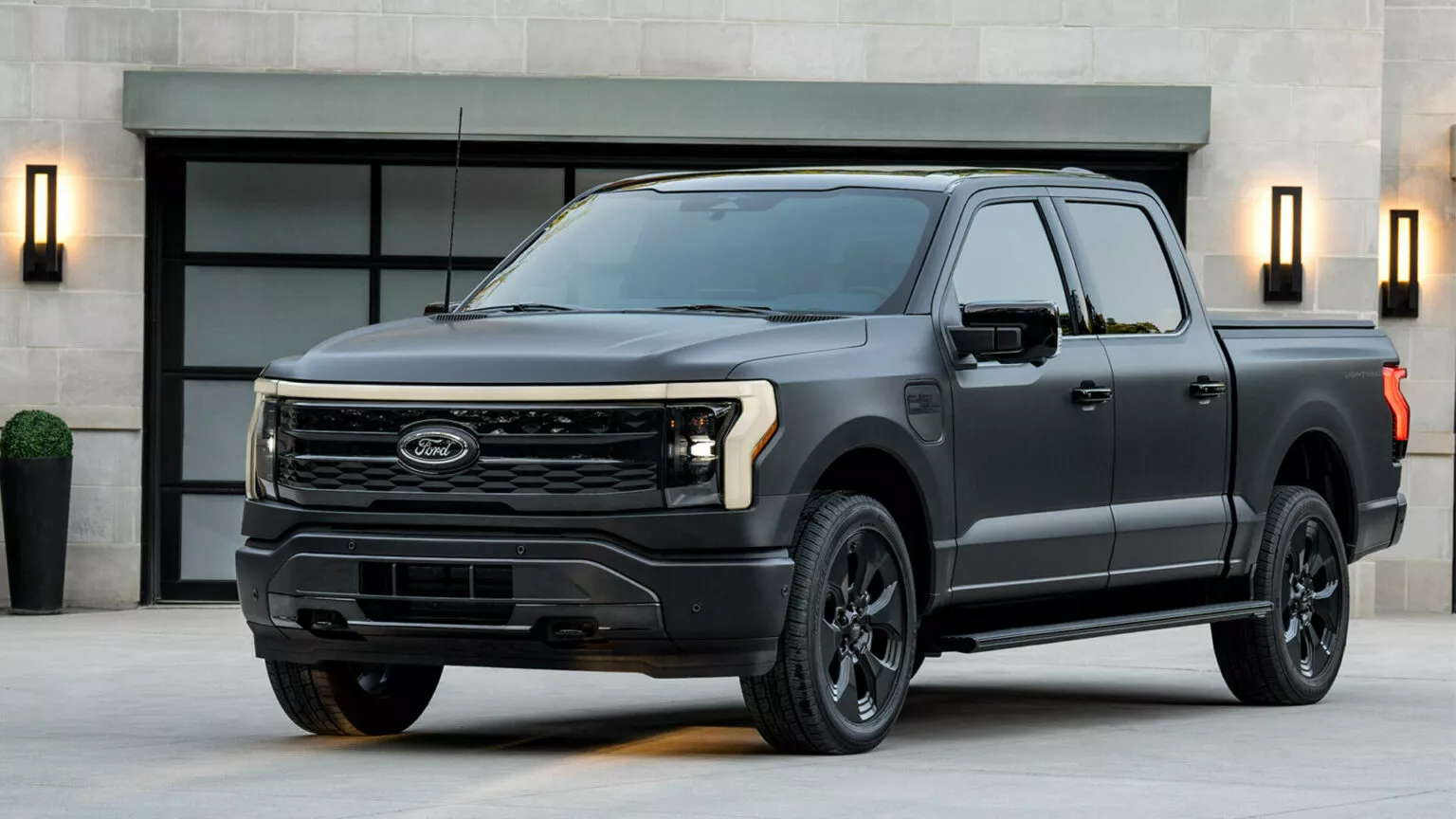
To address these challenges, Ford has initiated several cost-cutting measures, including delaying various projects such as its three-row electric SUV. CEO Jim Farley emphasized the need to significantly reduce battery costs to enhance competitiveness, shifting around $12 billion in EV investments to drive profitability.
Farley highlighted the importance of Model e standing on its own, stressing the necessity of cost efficiency across the EV portfolio. In a recent memo obtained by Crain’s Detroit Business, Ford urged its suppliers to collaborate in achieving cost reductions.
“We have all invested heavily in the success of the EV business, and we will all win or lose together,” stated Ford’s chief supply chain officer, Liz Door. “To enable affordability, it is of paramount importance that our EV portfolio achieves further levels of material cost efficiency.”
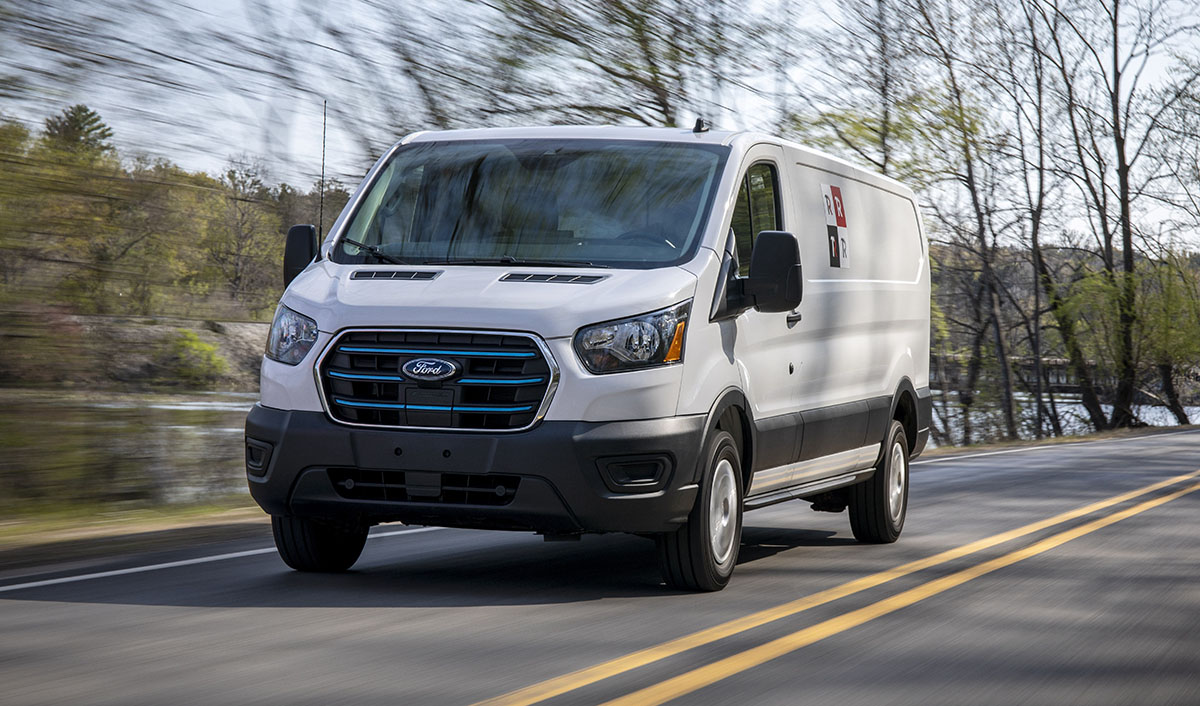
In the memo, Ford requested suppliers to present “incremental cost-reduction proposals” for current and next-generation EVs, including the F-150 Lightning, Mustang Mach-E, E-Transit, P800 electric pickup, and the larger electric SUV.
“We need your best ideas to drive cost reduction, even if they have been previously rejected by Ford,” Door emphasized, highlighting the urgency of the situation.
Ford’s efforts to streamline costs extend beyond supplier collaboration, encompassing various measures to optimize profitability, including adjustments in capacity, repurposing of capital, and exploring all available options.

